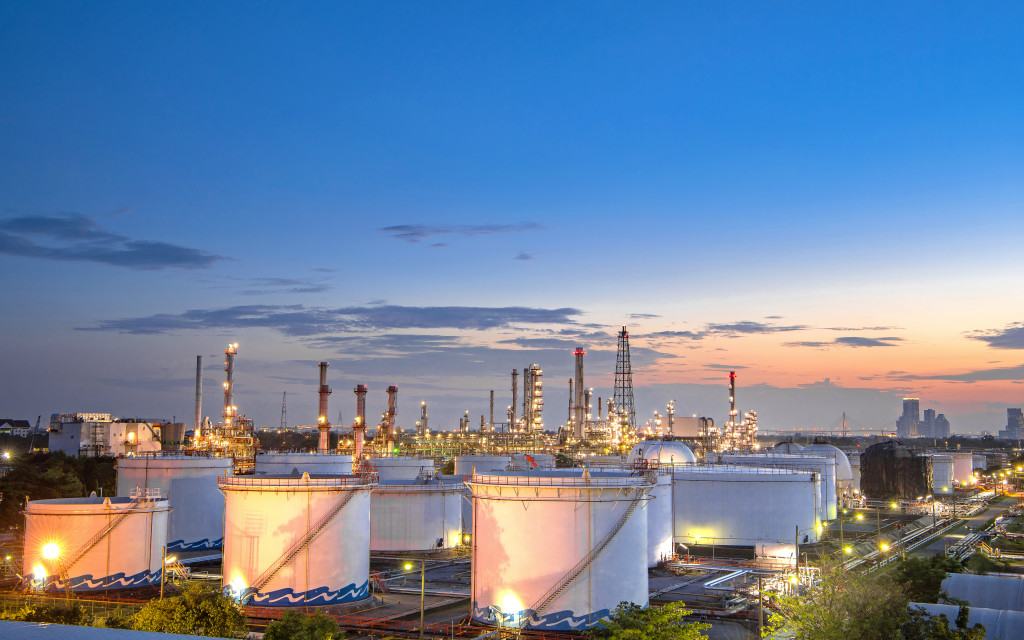As a business owner, you know that planning is essential to the success of any venture. The construction of a manufacturing plant is no different. There are many factors to consider when planning the construction of your plant, from the location to the type of equipment you’ll need. This article will outline some critical considerations for planning the construction of your manufacturing plant to ensure your project stays on track.
Define the scope of the project
The scope of the project is designed to provide an in-depth look at all aspects of production that will take place at the plant, such as what products will be manufactured, what types of equipment and materials will be needed, and how many employees and resources must be allocated.
Additionally, ensuring that all personnel is fully trained in their duties is integral for optimizing operational performance. Having a clear scope for the project will ensure that expectations are met accurately and efficiently throughout all stages of production, from initial development to final product delivery.
Develop a budget for the project
A well-planned budget is essential for a successful project, considering both initial construction costs and operating costs for the long term. Accurately forecasting expenses and revenue requires careful research and consultation with relevant stakeholders. Estimating the cost of labor, supplies, and services necessary to complete a given project must be accurate.
Additionally, an operating budget should account for necessary staffing, taxes, utilities, and other upkeep expenses. Careful planning will help ensure that all project phases are finished within budget while adhering to mandated safety and quality standards.
Choose a location for the plant.
When selecting an ideal location for a new plant, proximity to raw materials and customers should be the determining factor in making the decision. Plant managers can save money on transport costs and reduce lead times if the facility is near significant suppliers and position themselves nearer to target markets.
Customer service is also enhanced when plants are located near their customer base, as delivery times are significantly reduced. Therefore, businesses considering building a new plant should consider access to raw materials and potential customers when choosing the most suitable location for their facility.
Create a timeline for the project

Plotting out a timeline for a project can enable you to manage expectations effectively and increase the likelihood of success. When creating a timeline for construction, it is essential to identify the key milestones that need to be reached at each stage of the project.
Planning will help ensure that all necessary parties know their responsibilities and the overarching task ahead. This can prevent significant delays or even complete project failure as appropriate steps are taken promptly.
Hire a qualified team of architects and engineers
Construction of a new plant can be incredibly complex and is no easy feat. While there are many steps necessary to bring such a large project to fruition, the primary one should be acquiring the services of a talented, qualified team of architects and engineers with previous industrial site design experience.
You may also opt for industrial engineering consulting to get additional support, as agencies providing this service can give insights from all parts of the process and ensure that safety protocols are followed. Doing so will help ensure the project’s successful completion promptly and with minimal issues.
Without a good team assembled, there will likely be delays and difficulties during the process. Paying close attention to industry standards and regulations while consulting with professionals during design stages will ultimately result in better quality results and staffing savings in the long run. Hiring highly skilled experts should be at the top of your priority list when it comes to initiating the construction of a new plant.
Solicit bids from contractors
When constructing a new plant, finding the best contractor for the job is essential. Carefully selecting one that can build according to the specific requirements and remain within a set budget can make all the difference.
To do this, solicit bids from contractors you have identified as qualified for the task at hand. Consider reviews from past clients and come up with a list of viable options before settling on one that can fulfill the project scope and timeline. By making an informed decision, you will be able to get your plant up and running in no time!
Planning the construction of a manufacturing plant is a complex and detailed process. By following the steps outlined above, you can ensure that your project stays on track and within budget. Hiring a qualified team of professionals is essential to the venture’s success, as is careful planning at every stage. With these tips in mind, you can confidently create your manufacturing facility.







